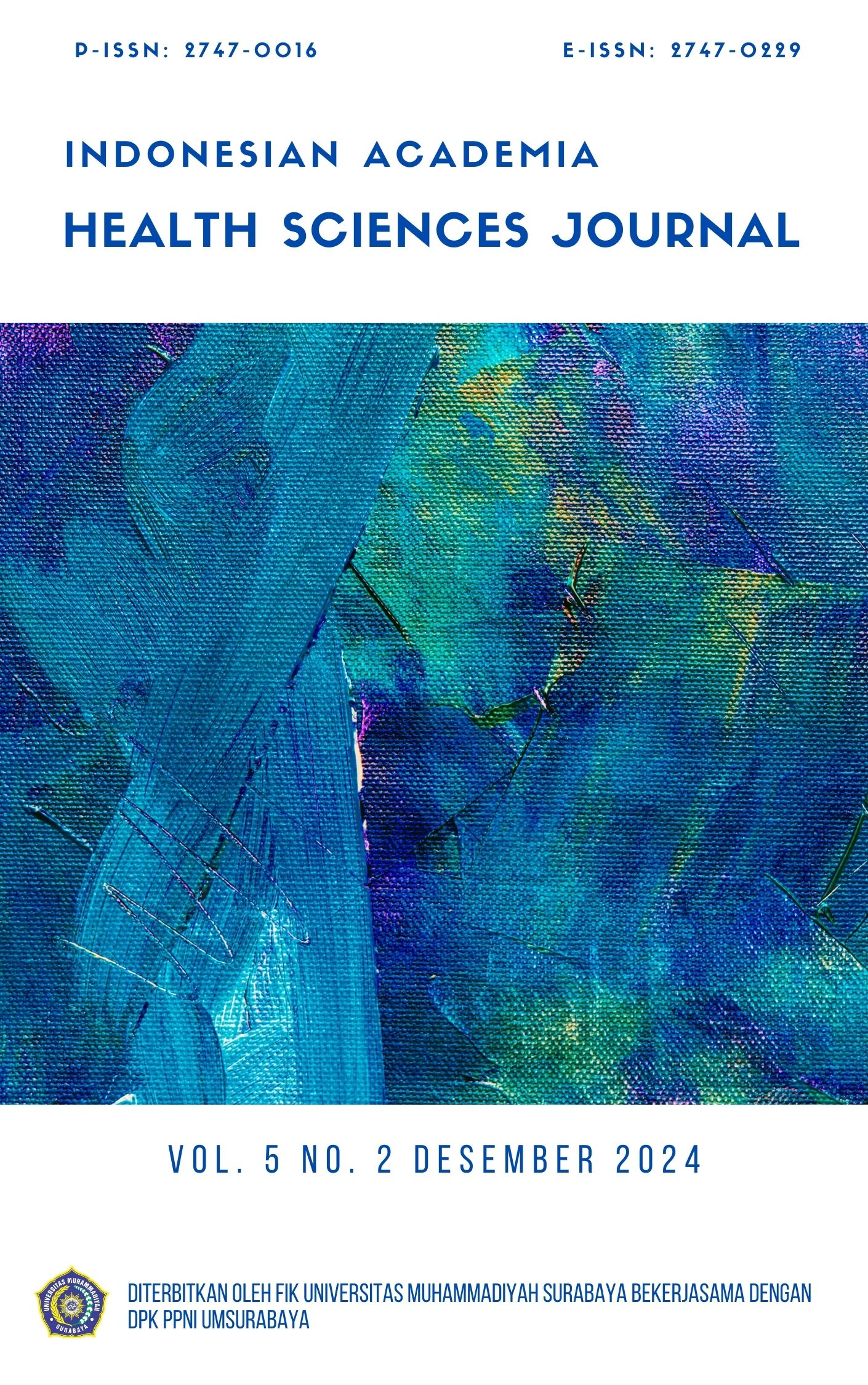Pemanfaatan Aplikasi Satu Data Kesehatan (ASDK) Untuk Implementasi Pencatatan Integrasi Pelayanan Kesehatan Primer (ILP) Di Kabupaten Nganjuk
Abstract
The integration of primary healthcare services (ILP) is a strategic effort to enhance access and quality of healthcare services in Indonesia. However, the implementation of ILP is often hindered by the lack of integrated and accurate data recording systems, particularly in Nganjuk Regency. To address this issue, the Health Single Data Application (ASDK) was introduced as an innovative solution aimed at integrating health data from various healthcare facilities, including community health centers (puskesmas) and hospitals. ASDK is designed to facilitate coordination and monitoring of primary healthcare services, improve efficiency, and ensure that patients receive timely and appropriate care.
This community service activity was conducted on January 13, 2025, at the Nganjuk Community Health Center, involving 50 healthcare workers. The methods employed included training on the use of ASDK, data recording simulations, and evaluation through pre-test and post-test assessments. The evaluation results indicated a significant improvement in the healthcare workers' ability to use ASDK, with a 40% increase in data recording efficiency, a reduction in data duplication, and enhanced reporting accuracy. Additionally, ASDK enabled real-time access to patient data, minimized recording errors, and improved reporting speed.
The primary challenges in implementing ASDK were the lack of awareness and skills among healthcare workers in using information technology, as well as uneven technological infrastructure. Therefore, intensive training and improvements in technological infrastructure are essential. Consequently, ASDK not only facilitates data integration but also enhances the overall quality of healthcare services. This initiative is expected to serve as an effective model for improving health data integration in Nganjuk Regency and can be replicated in other regions.
Full text article
Authors
Copyright (c) 2025 Asri, Yuanita Wulandari , Afan Alfian

This work is licensed under a Creative Commons Attribution-NonCommercial-NoDerivatives 4.0 International License.

